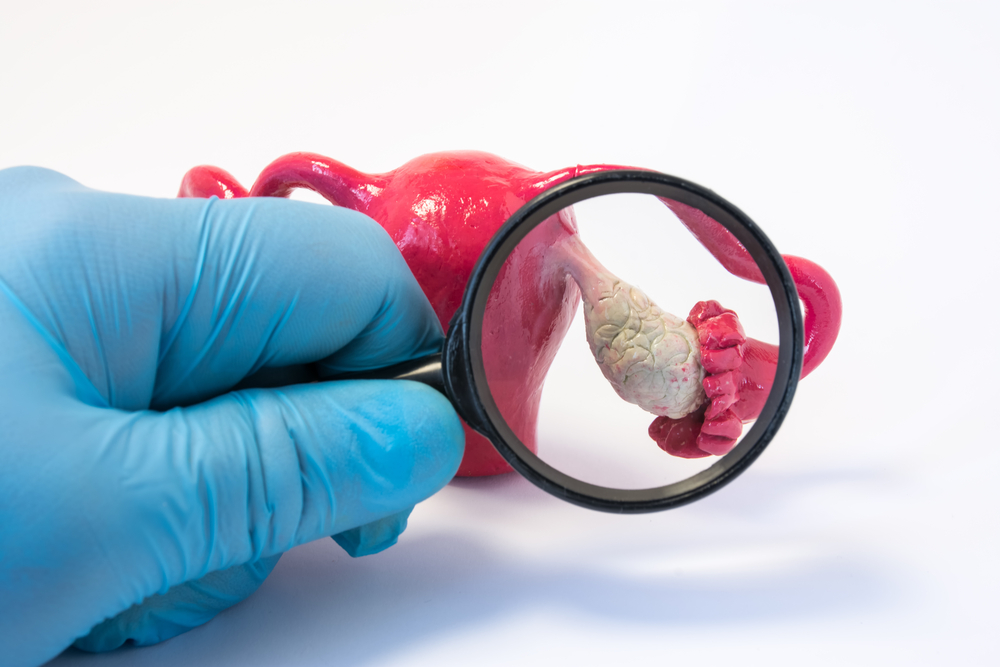Newsletter Signup - Under Article / In Page
"*" indicates required fields
Peter MacCallum Cancer Centre (Peter Mac) in Australia and Cartherics Pty Ltd have entered into a collaborative development program agreement (CDPA) to develop Cartherics’ proprietary autologous CAR-T cell therapy (CTH-004) for the treatment of ovarian cancer.
The clinical trial to be conducted by Peter Mac will be the first time a CAR-T cell therapy product containing the genetic modifications incorporated into CTH-004 has been tested in humans.
Ovarian cancer is Australia’s most lethal gynecological cancer, taking more than 1,000 lives each year. With a five-year survival rate of only 49%, there is an urgent need for research to give those diagnosed a better chance of survival.
Simon Harrison, director of the Centre of Excellence in Cellular Immunotherapy at Peter Mac, said: “CAR-T-cell therapy is a powerful immunotherapy that is uniquely tailored for each patient and which re-purposes their own T-cells to fight their cancer.
“It has emerged as a new treatment paradigm in blood cancer where it can produce complete responses, meaning their blood cancer has disappeared, in patients who have exhausted all other treatment options. The Centre of Excellence in Cellular Immunotherapy at Peter Mac is part of an international research effort to expand CAR T-cell therapy beyond blood cancer, and we’re excited to be working with Cartherics to stage this first-in-human clinical trial in ovarian cancer.”
Alan Trounson, CEO of Cartherics, said: “There are many patients needing help to control ovarian cancer and CAR-T therapy could be a game changer for them. It is our priority to ensure this potential therapy is tested in clinical trials as soon as possible.”
Collaboration with Cartherics brings a sense of progress
Cartherics board advisor, Heather Hawkins said: “As an ovarian cancer survivor and patient advocate, I am truly grateful for the vision, skill and dedication of the Cartherics team who are working tirelessly – seeking to improve the survival rates and the quality of life of women diagnosed with ovarian cancer. This announcement brings a real sense of progress and hope in this space.”
There is an unmet need for new treatment options for patients with ovarian cancer as more than 80% of ovarian cancer patients experience a recurrence after initially having successful surgery and treatment.
The key aspects of the collaborative research are to develop clinical-scale manufacturing of CTH-004 and conduct a phase I clinical trial. This program will be led at Peter Mac by the Centre of Excellence in Cellular Immunotherapy, with manufacturing being conducted at Peter Mac’s manufacturing partners Cell Therapies Pty Ltd.
The clinical trial will initially enroll six to 12 patients with ovarian cancer who have failed prior treatment with chemotherapy. The primary goal of the clinical trial is to investigate the safety of CTH-004 in this patient population.
Cartherics and Peter Mac recently announced a collaboration for another Cartherics autologous CAR-T product, CTH-001. Based on pre-clinical data, the collaborators have agreed that Peter Mac will focus its efforts on CTH-004.
About ovarian cancer
Ovarian cancer is a disease where some of the cells in one or both ovaries start to grow abnormally and develop into cancer. Approximately 314,000 new ovarian cancer cases and 207,000 deaths occurred globally in 2020.
Ovarian cancer does not usually cause symptoms in its early stages and is often diagnosed at an advanced stage. It is most often treated with surgery and chemotherapy either on their own, or in combination. There is an unmet need for new treatment options for patients with ovarian cancer as more than 80% of ovarian cancer patients experience a recurrence after initially having successful surgery and treatment.
About Peter MacCallum Cancer Centre
Peter MacCallum Cancer Centre is a world leading cancer research, education and treatment centre and Australia’s only public health service solely dedicated to caring for people affected by cancer. The center has 3,300 staff, including more than 750 laboratory and clinical researchers, all focused on providing better treatments, better care and potential cures for cancer.
The Centre of Excellence in Cellular Immunotherapy at Peter Mac supports, develops and translates novel cell and gene therapies and is able to deploy its established suppliers and manufacturing partners such as Cell Therapies Pty Ltd to enable the use of these products in clinical trials for patients with cancer.
The company is also developing autologous CAR-T cell therapies. These use the patient’s own immune system T cells, which are modified to be effective against the patient’s cancer cells. CTH-004 is created by genetically modifying patient T cells to insert a chimeric antigen receptor (CAR) to target a marker (TAG-72) on ovarian cancer cells and delete genes that are involved in suppression of T cell function.
Oncology R&D trends and breakthrough innovations







